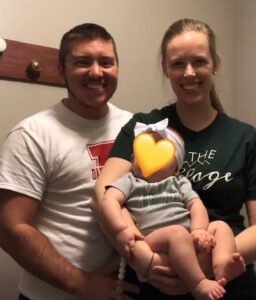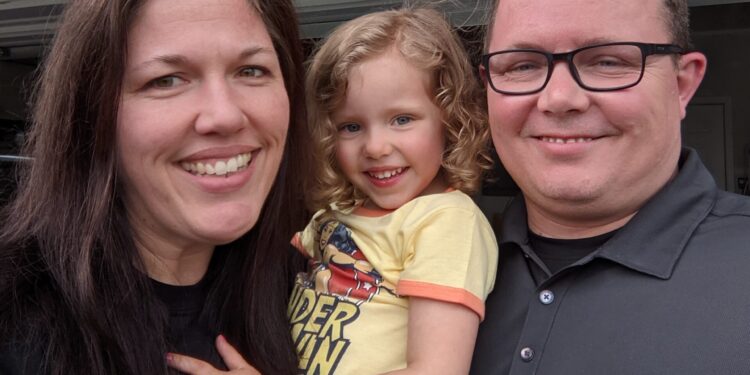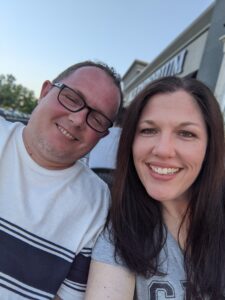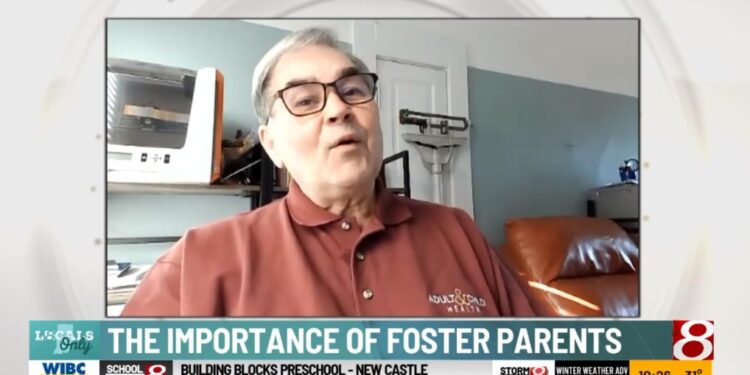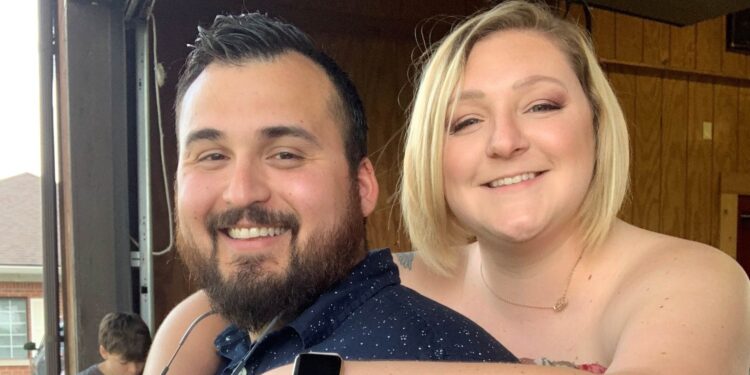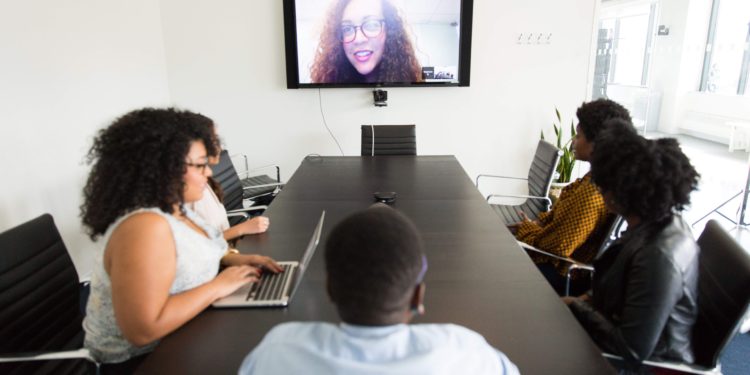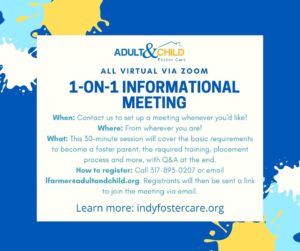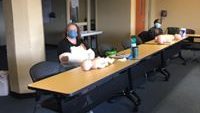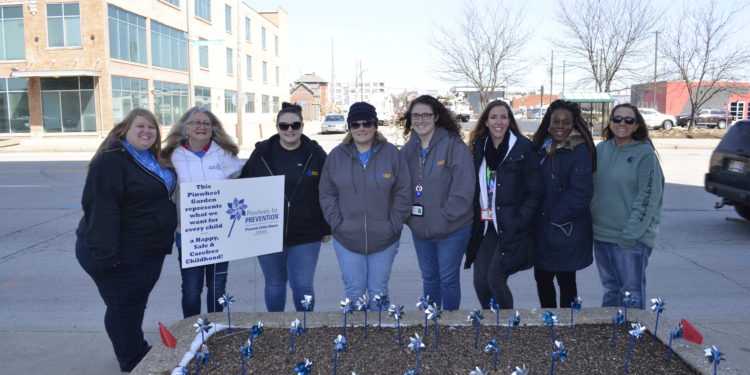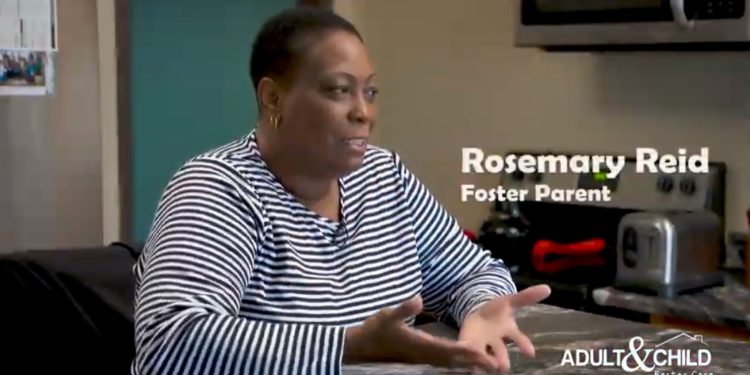Parents decide to make their house into a foster home for myriad reasons. Some want to help kids who need loving homes. Others see foster families at some point in their lives and decide to give it a try.
Jenna Dressler always wanted to foster. No, really.
“That’s how I always envisioned building a family … through foster care, and not necessarily adoption and fostering children who needed temporary homes,” she said. “We got thrown into it a little faster than we were anticipating. We were thinking I’d graduate college and have a job before we did. Sydney’s the reason why we got propelled so quickly.”
Sydney, her husband, used to work at Adult & Child Health as a skills development specialist on the School-Based team, so he was familiar with the agency’s Therapeutic Foster Care program. You could say it was a match made in heaven.
RELATED CONTENT: Why Steve Addison Decided to Continue his Foster Family Legacy
Foster family, fast and furious
While Jenna always wanted foster children, Sydney made it happen – sort of – but very quickly.
He worked closely with a child during his time at A&C, and eventually brought home the boy, 8 years old at the time, as a kinship placement.
“I watched one of my kiddos there bounce around from foster home to foster home within just a few months of each other,” Sydney said. “He had been in the system a long time. We realized that’s where our calling was and we needed to fill that gap for him. We were still within a year of being married, bought a house, brought an 8-year-old home as a kinship placement. So we definitely like to do everything all at once.”
Eventually, Sydney and Jenna married and landed full-time jobs. They’ve since fostered three other children, all infants. After the kinship placement, the Dresslers were respite parents for a while before opting to foster infants.
They foster one child at a time, because that’s all their two-bedroom house and work schedules will easily accommodate.
RELATED CONTENT: A&C Foster Care Parents Share Their Advice, Experience on Fostering Children
Building relationships with biological families
Of all the rewarding aspects being a foster parent provides, Jenna said she most enjoyed the positive relationships she’s developed with the biological parents.
“Even though COVID has been terrible in a lot of ways doing virtual visits, I was able to start building relationships with the kiddos’ parents more easily because we had a platform while we were talking,” Jenna said. “We were very fortunate that our last two kiddos had parents who have been extremely open and gracious to having a relationship with us.”
That approach has helped them put their role as foster parents into perspective.
“The goal is to stand in the gap, not stand in the way,” Sydney said. “You’re just standing in the gap until the family is ready to be reunited. I want to be able to provide a peace of mind to these parents. I don’t want you to go to bed worried about where your kid’s at. They’re in a safe place, we’re taking care of them, and they’re going to come home when you’re ready and when they’re able.”
RELATED CONTENT: Fostering 100 Children Over 16 Years? Tom Gaunt Shares His Story
Why you should foster
Jenna wants to dispel the notion that parents will endure too much heartbreak when the kids return to their biological families.
“When I sit here and think about the idea that we may not have known and loved the four children that we have, I can’t imagine not having the immense love we have for them,” she said. “There’s been a lot of grief, anxiety and hurt and things that come along with having the kiddos go home, but not loving them at all just wrecks me. It’s so worth it. You can struggle through that with your support system. Those kiddos need those relationships. They need that love. They need you.”
Are you interested in becoming a foster parent, or do you know someone who is? Let us know.
Can’t foster, but want to donate to our Therapeutic Foster Care program? Here’s what your donation can do.


